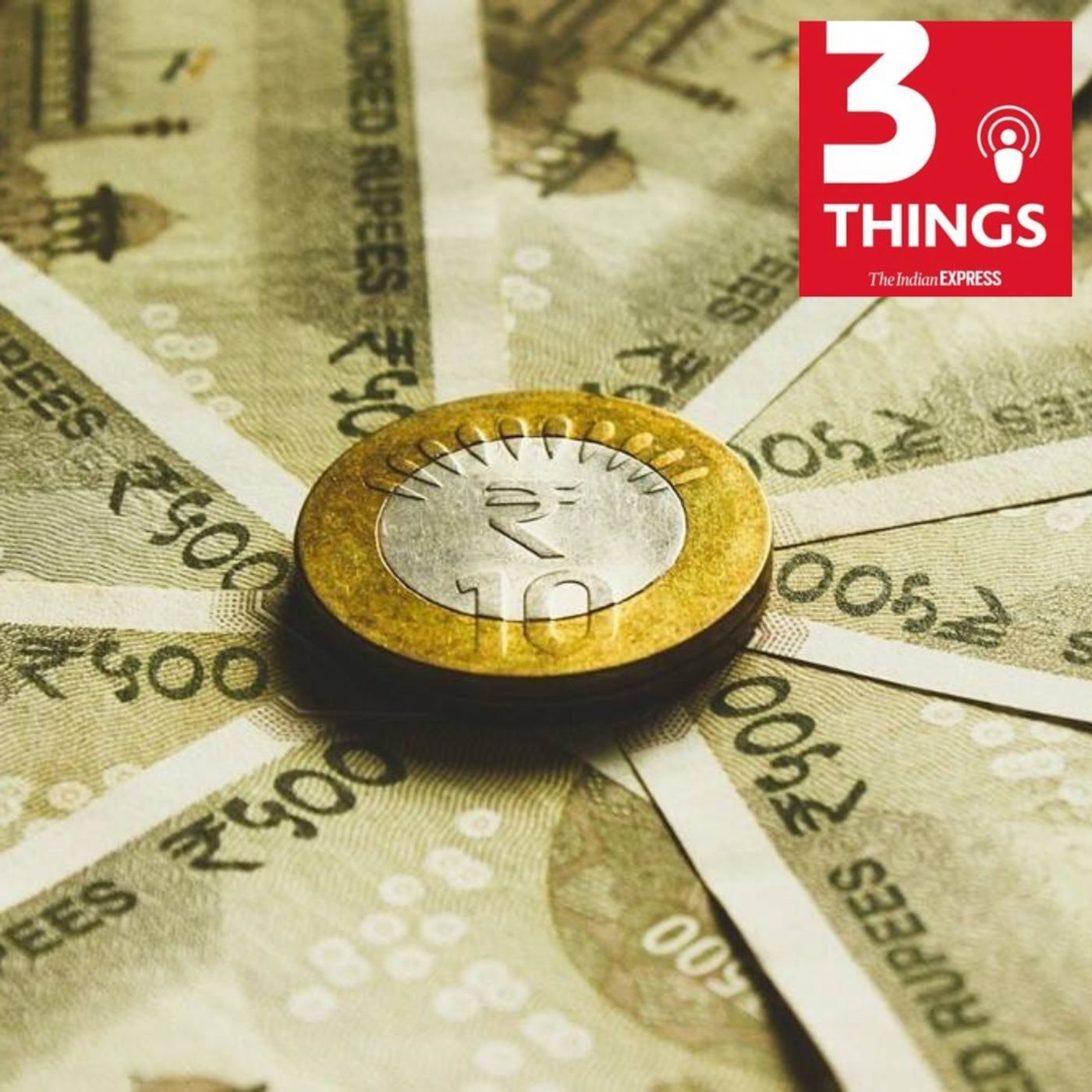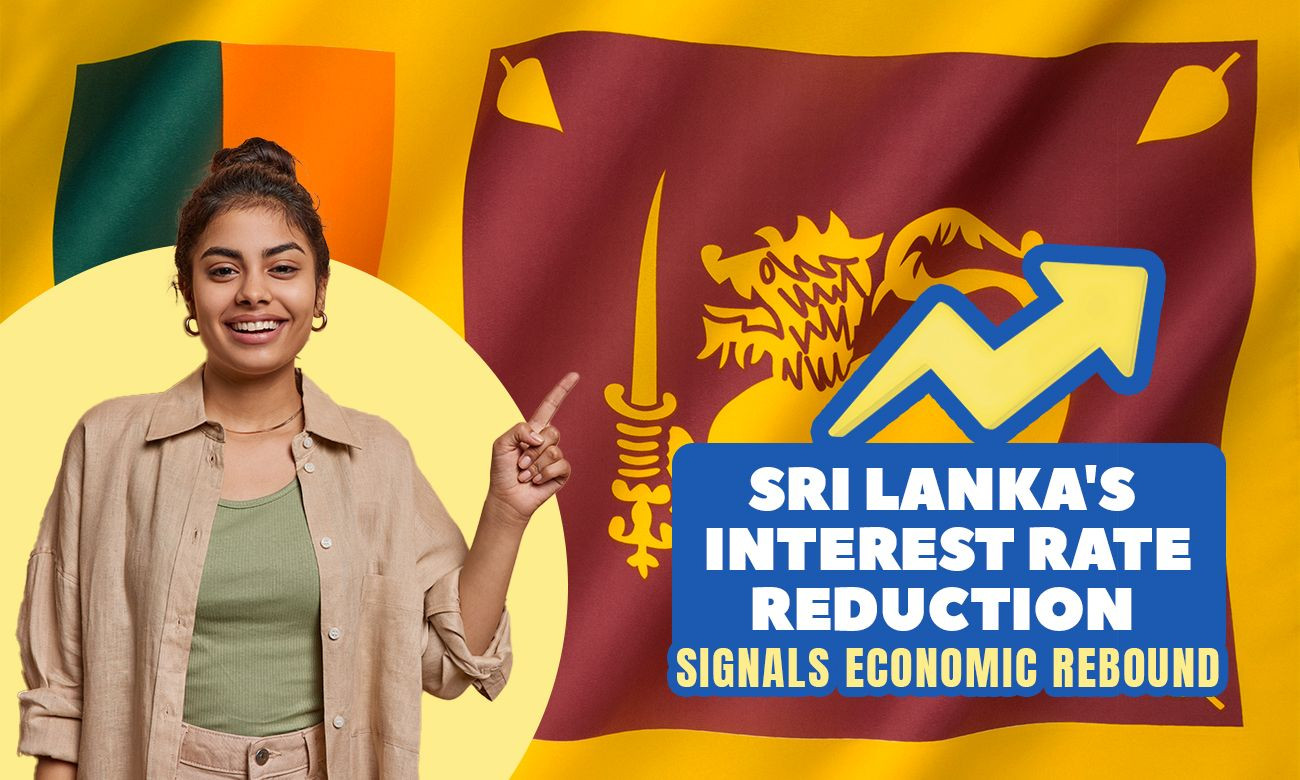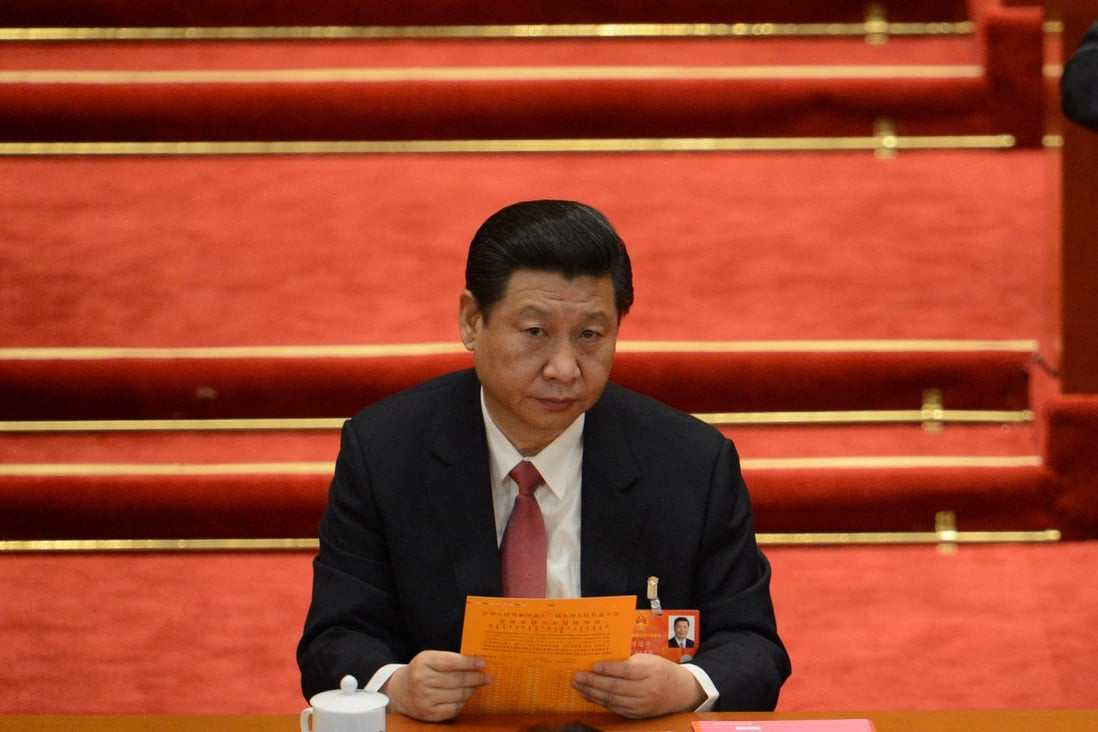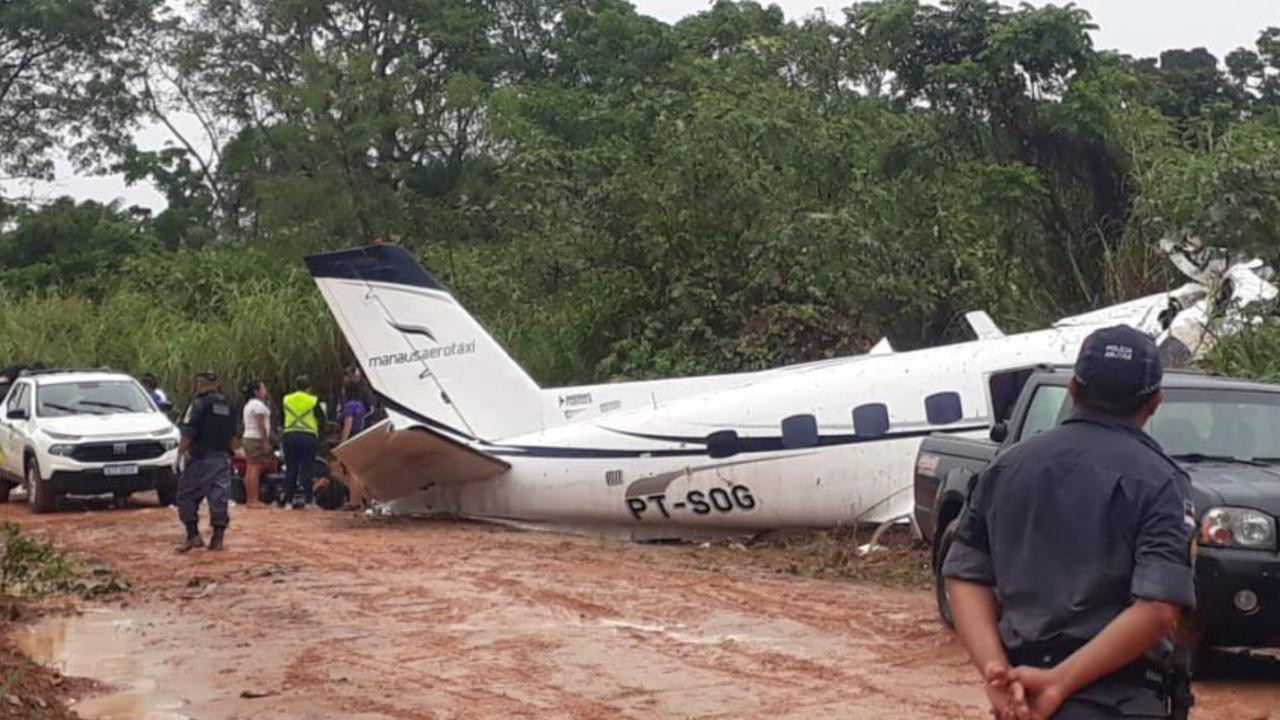Sri Lanka's New President Walks a Tightrope Between India and China
Anura Kumara Dissanayake, a Marxist lawmaker, was elected president of Sri Lanka on Sept. 22, 2024. He faces a daunting task: reviving the nation's economy while navigating the complex geopolitical chessboard of India and China. Dissanayake's victory signifies a significant shift in Sri Lanka's political landscape, particularly in its relationships with its powerful neighbors.
Sri Lanka's economic crisis, which reached its peak in 2022, fueled by a combination of the COVID-19 pandemic and mismanagement, was a defining factor in the recent election. The nation, saddled with a mountain of debt, became a focal point for both India and China, each vying for influence and strategic advantage in the Indian Ocean region.
Dissanayake's party, the Janatha Vimukthi Peramuna (JVP), has historically leaned towards China, a relationship that could potentially lead to increased Chinese investment. However, analysts caution that this could be a cause for concern for India. The JVP's past criticism of what it called “Indian expansionism” in the region and its rejection of devolving more power to Sri Lanka's north and east, where most of the country’s Tamil minority lives, raise questions about the future of India-Sri Lanka relations.
Despite these historical complexities, Dissanayake has shown a pragmatic approach towards India, recognizing the vital role the country played in providing substantial financial and material assistance during the 2022 economic crisis. India's Prime Minister Narendra Modi and Chinese President Xi Jinping both congratulated Dissanayake on his victory, underscoring the importance of Sri Lanka to both regional powers.
The JVP's Balancing Act
Dissanayake's balancing act will be crucial in his efforts to stabilize Sri Lanka's economy and navigate its strategic positioning. The country is strategically located on one of the world’s busiest shipping routes, making it a coveted prize for both India and China. Dissanayake's ability to manage these relationships without alienating either power will be crucial for his success.
Analysts believe that Dissanayake will likely attempt to keep both India and China at an equal distance. He faces the challenge of placating a segment of the Sri Lankan population that harbors anti-India sentiments, while simultaneously securing crucial economic support from New Delhi. This delicate dance between competing interests will define the early days of his presidency.
A New Era for Sri Lanka?
Dissanayake's presidency represents a significant change in the political dynamics of Sri Lanka. The JVP, traditionally viewed as a radical leftist force, has evolved into a more liberal democratic party, adapting to the demands of a globalized economy. Dissanayake's commitment to a free market economy, despite his Marxist roots, reflects this shift.
While the JVP's past pronouncements on Indian influence may raise concerns in New Delhi, Dissanayake's recent overtures suggest a willingness to engage pragmatically with India. The country's economic dependence on India, particularly for petroleum, makes it imperative for the new government to maintain a strong relationship with its neighbor.
Sri Lanka's new president, Anura Kumara Dissanayake, faces a critical juncture. The economic challenges and the geopolitical complexities surrounding his country demand a skilled and careful hand. His ability to balance the competing interests of India and China will determine the future course of Sri Lanka's political and economic trajectory.



















